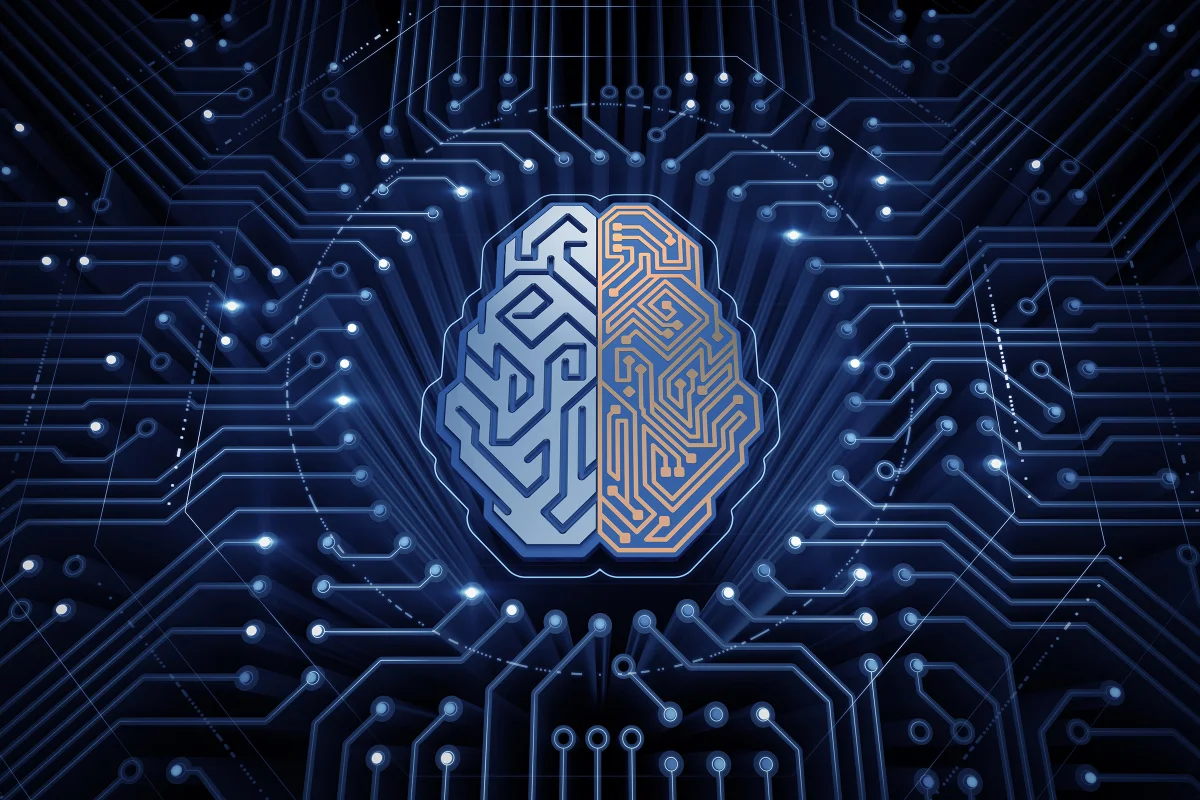In 2025, a transformative concept known as “Living Intelligence” is emerging at the intersection of artificial intelligence, biotechnology, and advanced sensor technology. This paradigm shift envisions systems capable of sensing, learning, adapting, and evolving, blurring the lines between digital and biological realms. By integrating AI systems with biological engineering and sensor networks, Living Intelligence aims to create adaptive technologies that respond dynamically to their environments. Early developments, such as biological computers utilizing brain cells and AI that learns in real-time, exemplify the potential of this convergence in creating systems that continuously evolve and improve.
The applications of Living Intelligence are vast and varied. In education, it offers personalized learning experiences by understanding and adapting to individual cognitive processes. In healthcare, it holds the promise of empathetic AI assistants capable of nuanced patient interactions. Moreover, in customer service, AI models trained with emotional intelligence could revolutionize user experience by providing more human-like interactions. These advancements not only enhance efficiency but also foster deeper connections between technology and users, paving the way for more intuitive and responsive systems.
As we stand on the cusp of this new era, the integration of Living Intelligence into various sectors underscores the importance of interdisciplinary collaboration. By harnessing the strengths of AI, biotechnology, and sensor technology, we can develop systems that are not only intelligent but also adaptive and empathetic. This evolution in technology promises to redefine our interaction with machines, making them more attuned to human needs and behaviors. As research and development in this field continue to advance, Living Intelligence is poised to become a cornerstone of future technological innovation, offering solutions that are both cutting-edge and deeply human-centric.

Leave a Reply